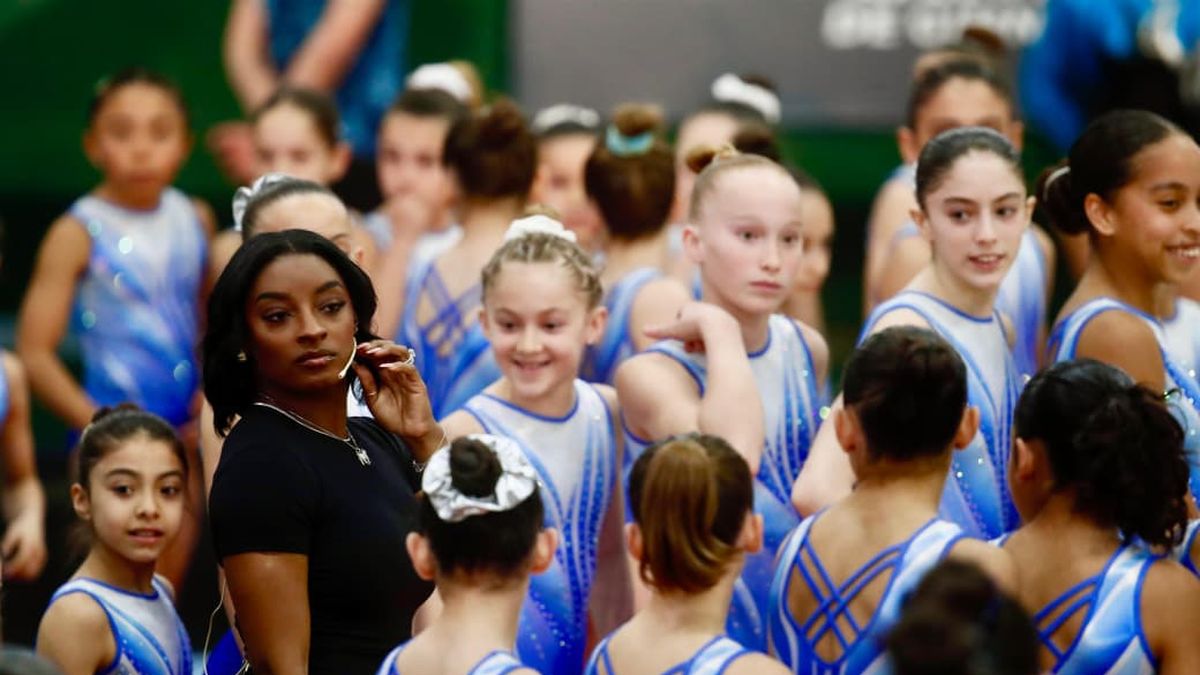In the first hours of the AfD federal party conference, the agenda is discussed in detail. But even with these procedural questions, the tone is confrontational. There is considerable applause for Höcke.
The AfD chairman Tino Chrupalla wants to lead his party in the next two years on a “liberal and social” course.
In his speech at the opening of the 13th federal party congress, Chrupalla said on Friday in Riesa, Saxony, that he saw no contradiction between “free” and “social”. The most important item on the agenda of the three-day event is the election of the new party leadership. Chrupalla, who heads the AfD parliamentary group together with Alice Weidel, is running again.
His challenger for the top office, Norbert Kleinwächter, campaigned on the fringes of the party congress for a return to the liberal-conservative beginnings of the party founded in 2013. The member of the Bundestag said: “The basic program states that we are liberals and conservatives. It doesn’t say we’re social.” The AfD is also a “social party because we take care of the social problems of the citizens, but our ideological approach is conservative-liberal at its core”. He would therefore wish that the new party leadership would also point this out.
Chrupalla said to the delegates that a new federal board had to be elected that would work together “collegially and constructively, trustingly and considerately”. It is now a matter of “leaving the destructive mood of the past behind us”. One reason for the partly bad mood in the party was the results of the last three state elections. The AfD had lost votes in Saarland, Schleswig-Holstein and North Rhine-Westphalia.
Nicolaus Fest applies to become co-chair
The party had recently made a name for itself with its fundamental criticism of the state anti-corona measures and its rejection of arms deliveries to Ukraine. The AfD has appealed against a decision by the Cologne Administrative Court that allowed the Office for the Protection of the Constitution to classify the party as a suspected right-wing extremist.
The AfD MEP Nicolaus Fest is applying as a possible co-chair. Many delegates expect that Weidel will also run for this post if the dual leadership is to remain.
In the AfD, the chairpersons are called “federal spokespersons”. According to the currently valid statutes, there are two or three federal speakers at the head of the party. Chrupalla has been the sole chairman since long-time AfD leader Jörg Meuthen left the party in January. The party congress will decide on a motion to basically allow a single leadership or dual leadership. A two-thirds majority would be required to amend the bylaws. A simple majority would then determine whether only one chairman should be elected at this party conference or whether there should be two federal speakers for the next two years.
Höcke left his candidacy open until the end
For the assessment of the protection of the constitution, it is relevant, among other things, how great the influence of the right-wing current around the Thuringian state and parliamentary group leader Björn Höcke is. Höcke kept open a candidacy for the federal executive board until the end. On Friday, he said on the sidelines of the party conference that he felt “very comfortable” in Erfurt. On the podium, he campaigned for a motion, also supported by Chrupalla, to set up a commission to prepare a “party structural reform”. The proposals contained therein would probably place tighter limits on the creative freedom of the new party leadership to be elected than before and strengthen the influence of the state associations. The text says, among other things: “In the event that the federal executive board or members of the federal executive board refuse to implement convention or party congress resolutions, the examination and use of sanctions should be possible.”
“We have to become more powerful,” Höcke justified his suggestion, which was acknowledged by the delegates with some applause. The AfD needs “more effective structures,” said the party’s right-wing extremist, whose state association in Thuringia is observed as a secured right-wing extremist effort.
Source: Stern
David William is a talented author who has made a name for himself in the world of writing. He is a professional author who writes on a wide range of topics, from general interest to opinion news. David is currently working as a writer at 24 hours worlds where he brings his unique perspective and in-depth research to his articles, making them both informative and engaging.




